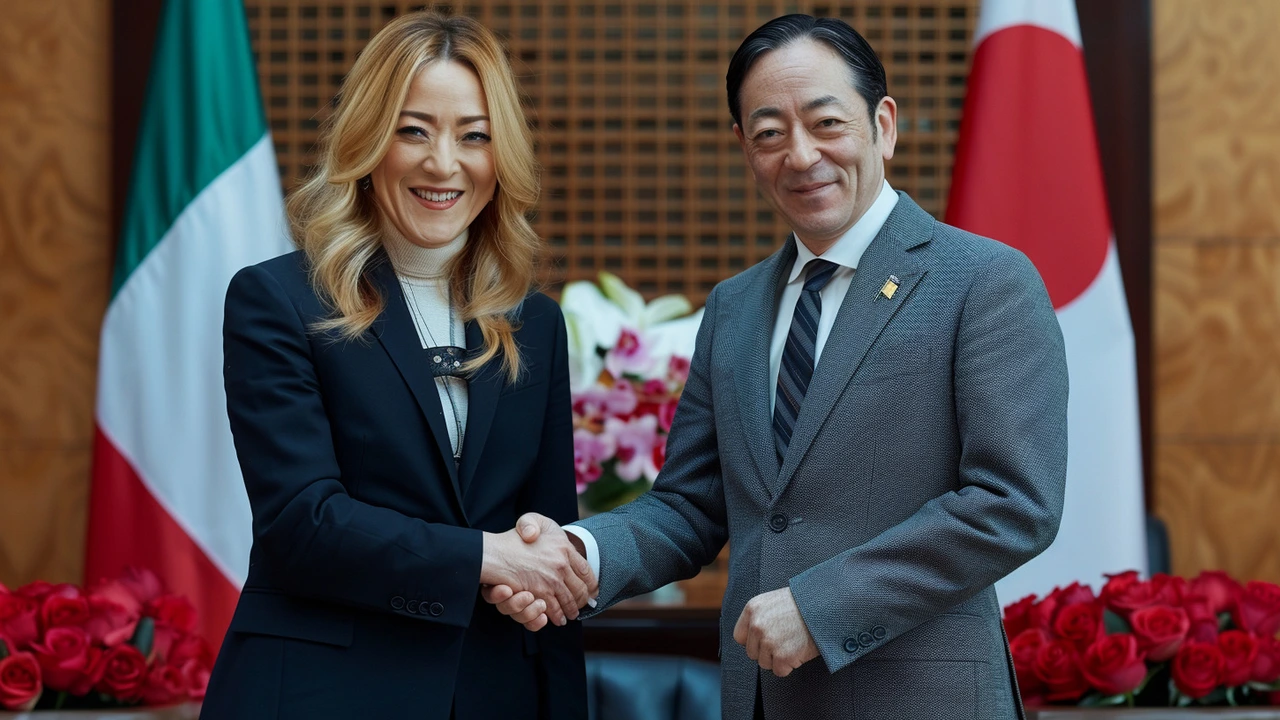Defense cooperation shapes regional security and affects trade, borders, and daily life across many African countries today in practical ways.
You see it when armies train together, when navies patrol shared waters, or when intelligence is quietly exchanged and coordinated. On the ground, cooperation helps countries respond faster to floods, insurgencies, piracy, and cross border crime with better planning together. Regional bodies like the African Union and ECOWAS push joint missions and forces to tackle crises that cross national lines. Bilateral treaties also matter, often covering training, equipment sales, base access, and legal rules for operations so partners know limits. Foreign partners like France, the United States, China, Turkey, and Russia all play roles that change political balances and resources. Sometimes cooperation brings training and modern gear that lift local forces, improving surveillance and patrol abilities and logistics support too.
Other times deals spark controversy over sovereignty, foreign bases, or opaque arms transfers that citizens worry about and demand answers. Sea security is a big focus, especially in the Gulf of Guinea where piracy threatens fishing, trade, and coastal jobs. Sahel countries face problems with militants and trafficking, so regional patrols and shared intel aim to stop cross border violence. Peacekeeping shows cooperation too, with African troops serving under AU or UN flags in missions across the continent for stability. Still, money is tight; many governments struggle to fund training, maintenance, and stable salaries for soldiers which hurts readiness fast. Transparency is another gap because secret deals or unclear procurement fuel public distrust and corruption risks that worry voters daily.
Want to follow defense cooperation? Watch joint exercises, new treaties, troop movements, defence budgets, and foreign base agreements closely today. Local media and reliable outlets like Desert Rose Daily matter because they explain how deals affect jobs, security, and budgets. Civil society needs a seat in the conversation, asking for audits, public briefings, and legal limits on foreign troop activities. Technology shifts the game: drones, satellite imagery, cyber tools, and secure communications change what cooperation looks like in real time. Training human rights and rule of law into cooperative programs also reduces abuses and improves long term trust between partners. Funding models can help, including pooled regional funds, donor grants tied to reforms, and transparent procurement platforms for better outcomes.
Expect new partnerships as African states balance relations with traditional allies and emerging partners for equipment and training over time. That balance will influence regional politics, trade deals, and how crises are managed at sea and on land for decades. If you want smart coverage, look for reporting that names agreements, lists participating units, and explains rules for action now. Ask whether training includes civilian oversight, how equipment will be maintained, and who pays long term costs and accountability measures. Good defense cooperation can protect communities, boost local capacity, and reduce emergency response times when leaders plan together with care. Follow Desert Rose Daily for clear updates on defence cooperation across Africa and check policy briefs for deeper context regularly.

